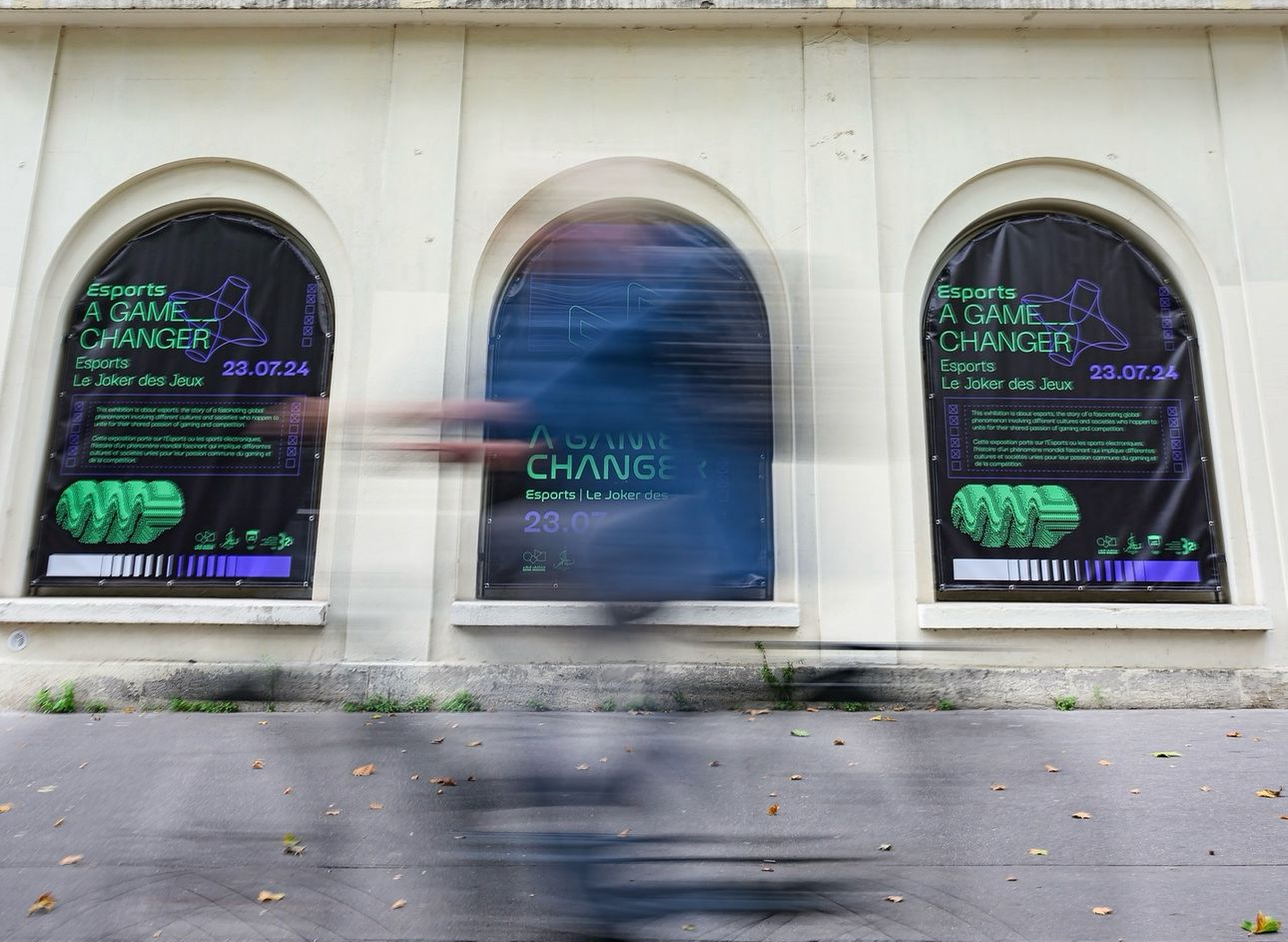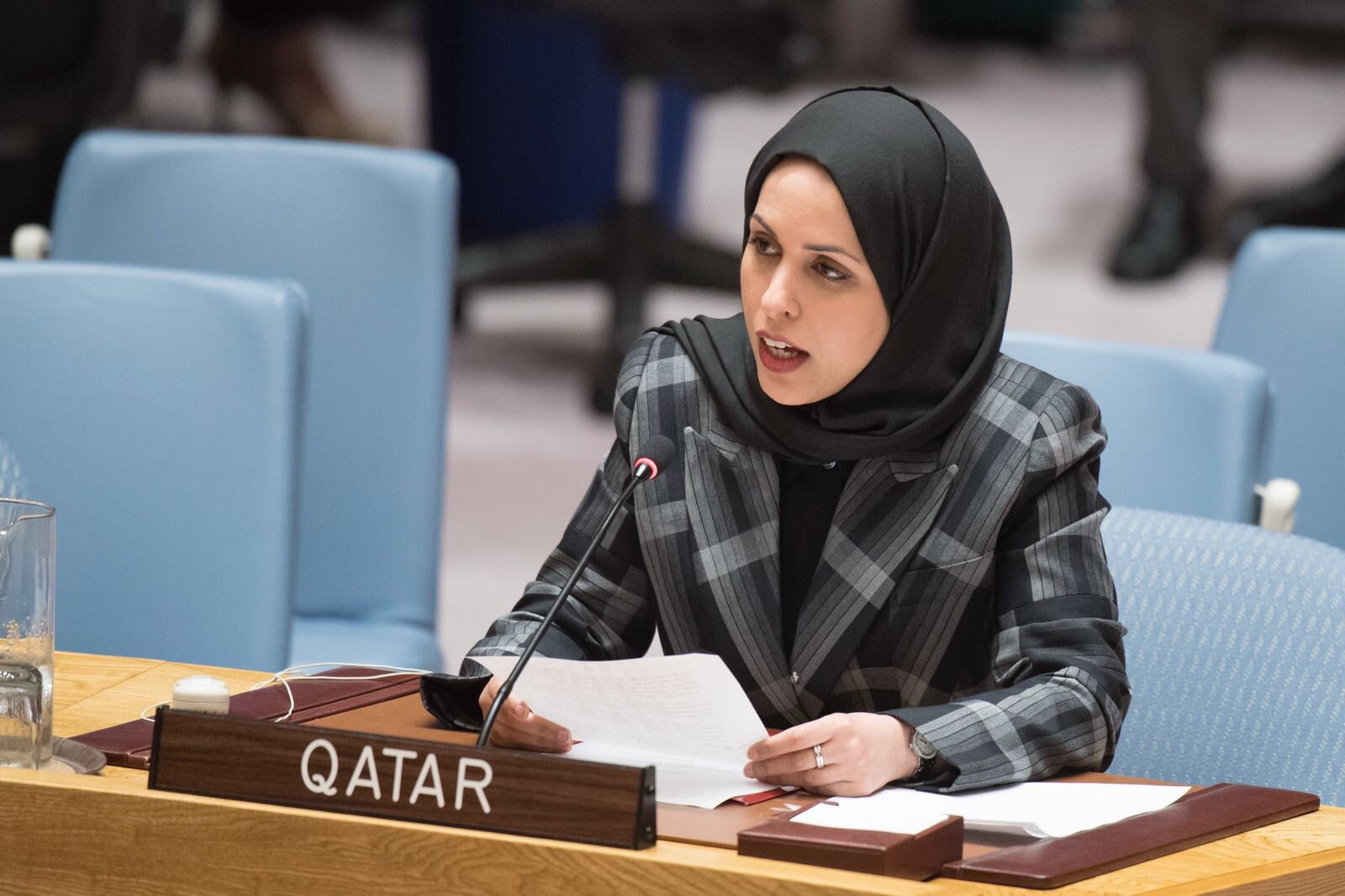
Teachers and staff at Qatar’s independent (state-funded) schools are expressing mixed opinions about a new code of conduct they have been asked to sign by the Supreme Education Council.
The 10-point code was issued by the SEC on Sunday (the beginning of the new school year) and outlines “core values” and expected professional behavior from staffers both inside and outside of school hours.
It covers topics such as communicating effectively with students, dressing modestly and working with parents.
The standards were issued shortly after the SEC outlined a similar set of expectations for students at the start of the term, in a bid to improve poor attendance and discipline in local schools.
This is not the first time the SEC has laid out guidelines regarding teachers’ behavior, but this new code appears to be the most detailed in terms of requirements.

Though the code has gotten support from some employees who described it as “very important and much needed,” others have criticized the standards for being vaguely worded, and expressed discomfort about the possibility of extra scrutiny on their private lives.
According to Qatar’s Education Minister, the aim of the staffers’ code is to “enhance the key values that must be shown by the teachers and those who are working in the education field, most of important of which are honesty, impartiality, objectivity, diligence and efficiency.”
As the code is new, it remains unclear how or if it would affect efforts to recruit hundreds of new teachers and staff from abroad to meet rising demand in independent schools.
So far, some 280 out of an expected 900 positions have been filled, and the SEC has recently warned schools to hire more quickly.
Respect local values
According to the Qatar News Agency, the teachers’ code is “derived from the doctrine of the Qatari society and philosophy,” and involves respecting Islamic values and national customs and traditions.
Details of the code have not been officially released in English, but Al Watan newspaper published them in Arabic earlier this week. The major points, taken mostly from the Qatar Tribune, include:
- Establishing a good, professional relationship with all students without exception, and providing them with the necessary attention and care, both inside and outside the classroom;
- Showing respect to parents and collaborating with parents and community organizations to raise students’ performance;
- Respecting subordinates and implementing instructions of superiors, and behaving wisely and objectively in accordance with social customs and professional conduct;
- Abiding by the laws and regulations of the state at all times, informing officials, superiors or competent authorities of any violations of the laws;
- Communicating with members of the school community, students and the public effectively, wisely and respectfully
- Respecting Islamic values, national customs and traditions and all other religious beliefs;
- Dressing modestly, taking into account the customs and traditions of the workplace and beyond;
- Avoiding any activities that lead to the emergence of a real or apparent conflict of interest;
- Optimizing the use of public property and financial resources of the school, which should be used strictly for important and functional purposes only; and
- Avoiding possessing or using unauthorized alcoholic beverages, drugs and tobacco and all drugs substances or becoming under their influence, whether at the work place or outside.
The last point appears to be the most confusing to many educators.
A local lawyer told Doha News that while it doesn’t outright ban teachers from drinking alcohol or smoking, it does remind staff that they must operate within the law – so having a drink in a bar is not illegal in Qatar, but driving afterwards would be.
According to the Tribune, educators found violating the code would face disciplinary action, ranging from warnings to the termination of their contract.
Personal freedom
Many teachers who spoke to Doha News supported the idea of improving educational standards, but some criticized key aspects of the new code that appear to dictate modest dress and limit drinking and smoking out of school hours.
Qatari science teacher Muhammed al-Jassem, who teaches at an independent middle school for boys, said he was glad the SEC is “aware of some problems and is addressing them.”
But he was critical of the council’s attempts to direct teachers’ behavior out of school:
“What teachers do extra-curricularly is their business and no one else’s. No one has the right to tell a teacher what he or she can or cannot do in their own time. They are adults and responsible for their own actions. Their behavior outside work shouldn’t be open to public scrutiny.”
Any violations of the law should be dealt with by police, and not education authorities, he added.

Al-Jassem also questioned the SEC’s introduction of new rules without consulting teachers first, saying, “The decision-making process behind certain things is undemocratic and needs revision.”
His sister, a retired Arabic language supervisor who worked in education for 24 years, echoed his concerns.
Speaking to Doha News, Jameela Sultan al-Jaseem said article 10 of the code raises suspicion about teachers’ behavior.
Interpreting the language to mean that drinking and smoking are off-limits, she said this part of the code was inappropriate for non-Arab and non-Muslim teachers:
“This should not be imposed on teachers from different cultures while in their free time. Going out for a drink or having a drink with dinner is perfectly acceptable in some cultures. As long as these teachers do not promote these habits to our children, then it is their right to practise what suits them, especially when they are not breaking the country’s laws.”
But Jordanian teacher Hanan, who teaches English at an independent girls’ school in Qatar, argued that it is critical for teachers to show students the same values that they have at home and in wider society.
“Otherwise we’ll have a socially and culturally schizophrenic generation,” she said, continuing:
“Being a teacher is unlike any other profession. Teachers are role models. The students we teach look up to us and imitate us in anything we do. We impact students more than their parents at times…
I see this code of conduct as prevention. A teacher has always been a symbol of respect, wisdom and responsibility. These guidelines make sure that teachers remain this way.”
Dress code
Article 7 in the code, which reminds teachers to dress modestly, taking into account the customs and traditions of “the workplace and beyond,” has also raised questions. Many teachers point out that “modest” dress is not clearly defined and could cause confusion.
The concept of a dress code for teachers is not exclusive to Qatar, as schools in many countries now require their staff to dress professionally and in a businesslike manner.
Earlier this year for example, a headteacher in the UK who had previously banned girls at his school from wearing short skirts made the news after he told female teachers not to wear tight, revealing or skimpy tops.
Supportive of the guidelines, Egyptian teacher Ms. Mohammad, who teaches English at a girls’ high school in Qatar, said, “educational institutions in the West impose a dress code. It is the same here. Female teachers need to dress modestly at school.”
Thoughts?







